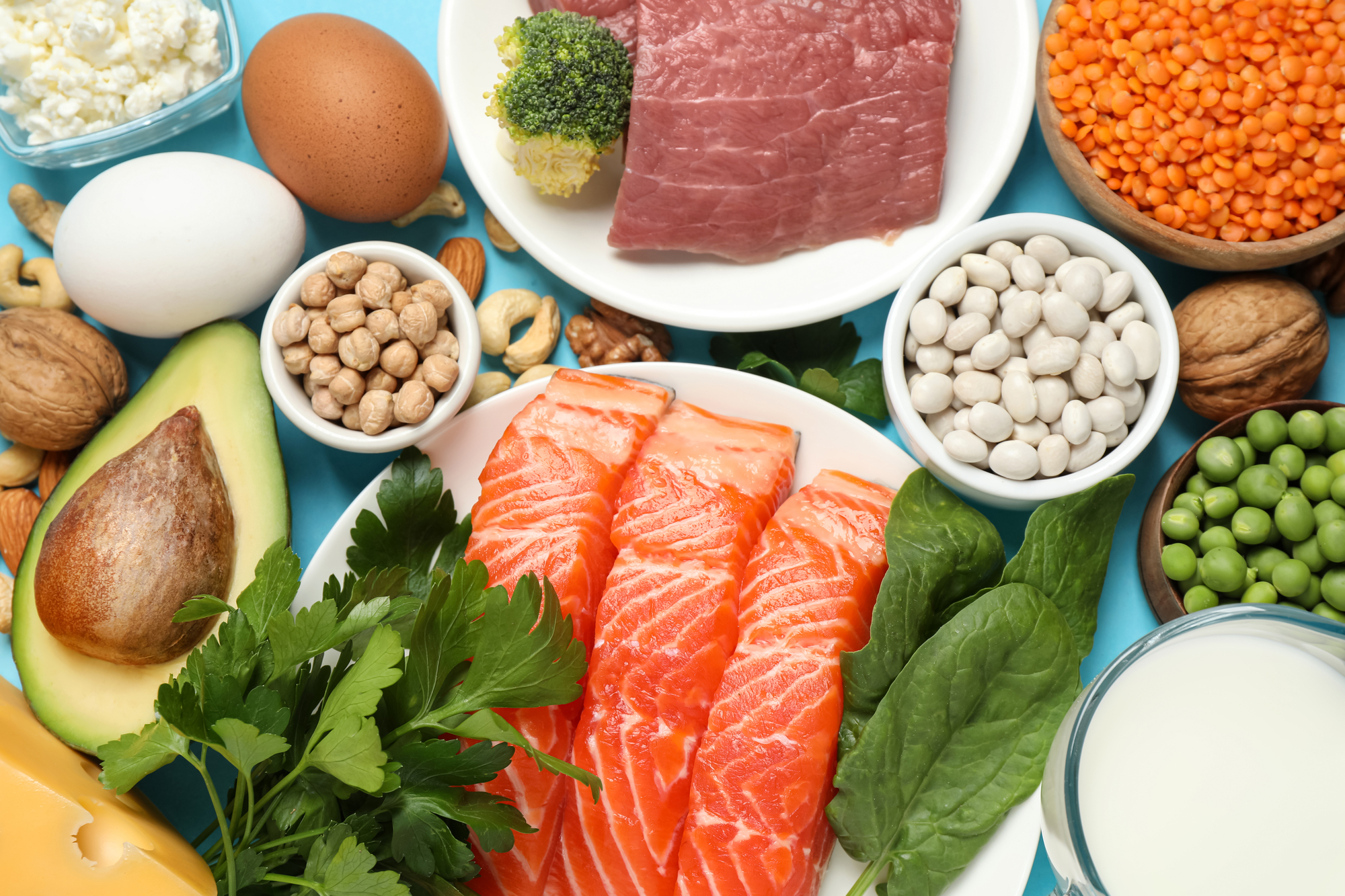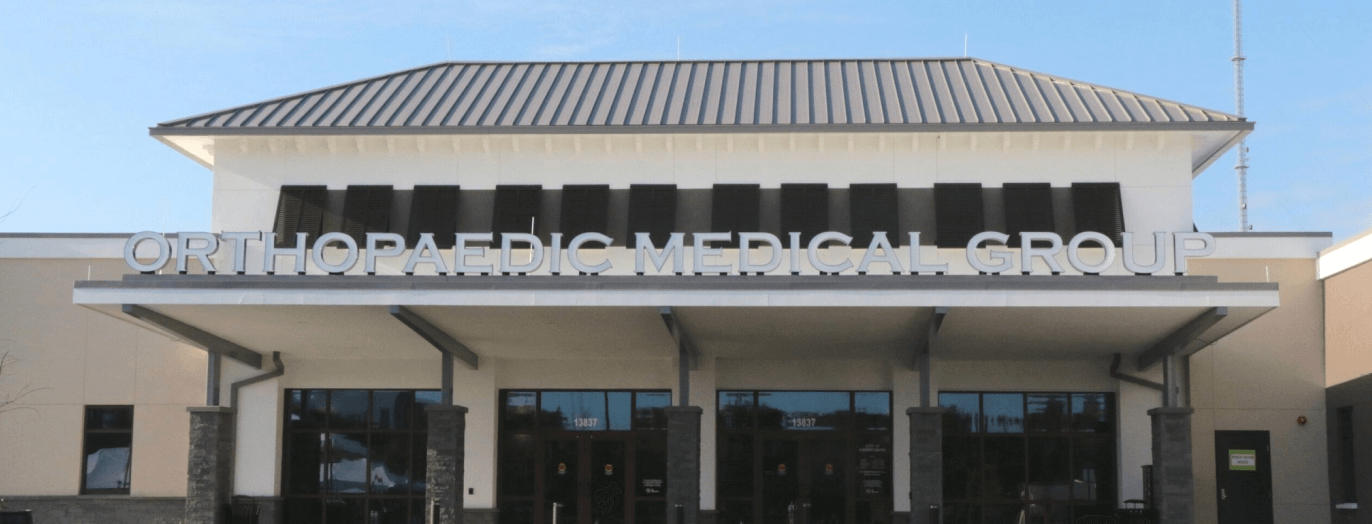
Surgery is a significant event that places unique demands on your body. Whether you’re recovering from a joint replacement, injury repair, or any surgical procedure, proper nutrition plays a pivotal role in the healing process. Among the essential nutrients, protein stands out as a vital component for post-surgery recovery. In this blog, we’ll explore why a high-protein diet is crucial after surgery and how it supports the body’s healing process.
10 Benefits of Protein after Surgery
1. Tissue Repair and Wound Healing
After surgery, your body initiates a complex process of tissue repair and wound healing. Protein is essential for this process as it provides the building blocks (amino acids) necessary for the creation of new tissues. Adequate protein intake helps speed up healing and minimizes the risk of complications.
2. Muscle Preservation and Recovery
During periods of immobility or reduced activity following surgery, muscle loss can occur rapidly. Protein is critical for preserving muscle mass and promoting its recovery. Maintaining muscle strength is vital for regaining mobility and overall function.
3. Immune System Support
Surgery temporarily weakens the immune system. A high-protein diet helps bolster the immune system by providing the amino acids required for the production of antibodies and immune cells. This helps reduce the risk of post-surgery infections and complications.
4. Collagen Production for Scar Healing
Collagen is a protein that plays a central role in wound healing and scar formation. Adequate protein intake supports collagen production, ensuring that scars heal properly and with minimal complications.
5. Reduced Risk of Complications
Inadequate protein intake after surgery can lead to delayed wound healing, infections, and increased susceptibility to complications. A high-protein diet lowers the risk of these issues, promoting a smoother and more successful recovery.
6. Energy and Vitality
Surgery can be physically and mentally draining. Protein provides the energy needed for daily activities and helps combat fatigue, allowing you to maintain a more active lifestyle during recovery.
7. Support for Nutrient Absorption
Protein supports the absorption of essential nutrients like vitamins and minerals. After surgery, ensuring that your body can efficiently absorb nutrients from food is critical for overall healing and well-being.
8. Appetite Regulation
A high-protein diet can help regulate appetite and promote feelings of fullness. This can be particularly beneficial if you’re concerned about post-surgery weight gain due to decreased activity levels.
9. Enhanced Metabolism
Protein has a higher thermic effect compared to fats and carbohydrates, meaning your body burns more calories digesting and metabolizing protein. This can aid in maintaining a healthy weight during recovery.
10. Optimal Tissue Function
Protein supports the proper function of tissues throughout the body, including organs, skin, and bones. It contributes to overall tissue health and function, which is vital for a successful recovery.
Sources of Post-Surgery Protein
To ensure you’re getting the protein you need for post-surgery recovery, include a variety of protein-rich foods in your diet, such as:
- Lean meats like chicken, turkey, and fish
- Dairy products like Greek yogurt and low-fat cheese
- Plant-based options like beans, lentils, tofu, and tempeh
- Eggs
- Nuts and seeds
- Protein supplements (consult your healthcare provider before using these)
Conclusion
A high-protein diet is an essential component of post-surgery recovery. It supports tissue repair, muscle preservation, immune function, and overall well-being during the healing process. To optimize your recovery and minimize the risk of complications, work with your healthcare team to determine your specific protein needs and ensure that you’re getting the right amount of this essential nutrient as you embark on your journey to healing and restored health.




